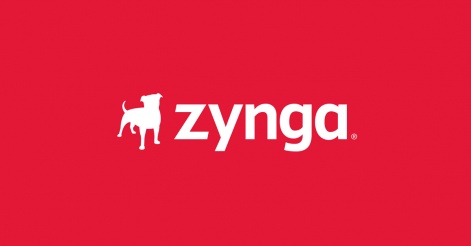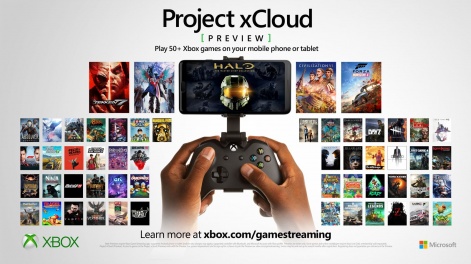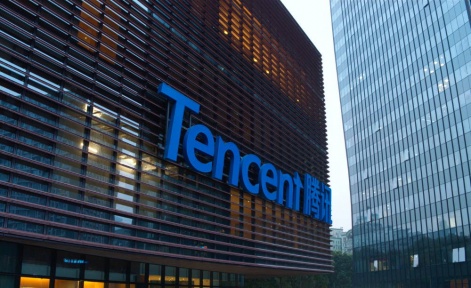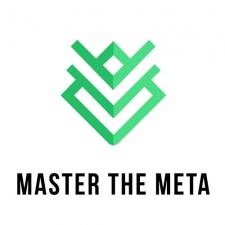Master the Meta is a free newsletter focused on analysing the business strategy of the gaming industry. MTM and PG.biz have partnered on a weekly column to not only bring you industry moving news, but also short analyses on each. To check out this week’s full edition, visit www.masterthemeta.com!
#1: Zynga remains on a great trajectory
At a high level, Q2 bookings grew 38% year-over-year to $518 million (a new record), and operating cash flow leaped 47% to $145 million (the highest since 2011). Things are clearly going well!

That said, there are also a lot of accounting and timing shenanigans at play, so the rearview financial mirror doesn't give the greatest view of Zynga's current state and future plans.
Most importantly, these numbers exclude Peak Games, which was recently acquired and adds Toy Blast and Toon Blast to Zynga's "forever franchise" portfolio. That will provide a major shot of adrenaline to future results, and the cash those games produce will certainly be reinvested both into internal development and additional acquisitions. On the internal development front, there's no major news and soft launches of Farmville 3, Puzzle Combat, and Harry Potter: Puzzles & Spells remain in progress.
All in all, Zynga remains on a pretty great trajectory, and it appears to have no shortage of reinvestment opportunities
On the acquisition front, Zynga made a surprising move (at least to me) of acquiring Rollic, an Istanbul-based developer and publisher of hypercasual games (i.e. games that are quick to make, easy to play, and usually boast aggressive user acquisition and monetization tactics). Zynga is buying 80% for $168 million upfront and will buy the rest over the next three years based on hitting performance goals.
I thought Zynga was fully focused on forever franchises, so a widening of scope and inclusion of hypercasual initially makes me scratch my head. However, at a time when there are lingering uncertainties about mobile advertising (death of the IDFA, first and foremost), it makes sense why Zynga would target other means of acquiring users. Cross-promotions via hypercasual games is one such alternative.
To be clear, I suspect that there's higher than average risk in this deal working out. I don't have a strong take on the future of Rollic's games, and I’m not entirely sold that cross-promoting Rollic's audience will really provide a meaningful and sustainable boost to other Zynga games.
However, if Rollic's user acquisition skills permeate other parts of Zynga's organization then it could produce beneficial ripple effects. It strikes me like a deal for UA talent as much as anything. And if it doesn't work out, it's small enough where it won't break the business.
All in all, Zynga remains on a pretty great trajectory, and it appears to have no shortage of reinvestment opportunities. The simple fact that so many businesses are interested in joining Zynga is an underrated competitive advantage.
I do hope that leadership remains focused on forever franchises, but as the acquisition of Rollic indicates, management is willing to mix things up if they spot unique opportunities. I like that mentality, but it also raises the bar on the necessary quality of decision-making and the skill of executing and integrating different kinds of businesses.
#2: Apple blocks xCloud

Next month, xCloud will launch as a part of Xbox Game Pass Ultimate. The catch? It's coming exclusively to Android devices, meaning Apple is blocking the service until Microsoft agrees to its terms.
Apple says xCloud is blocked because the service’s current form means Apple can't review every game on the platform (shh, don't tell Apple about Roblox), but let's be very clear. This has very little to do with unacceptable security measures (or anything specific to do with gaming) and very much to do with "unacceptable business models" (section 3.2.2.i of Apple's Review Guidelines, s/o Stratechery ($)).
Apple says xCloud is blocked because the service’s current form means Apple can't review every game on the platform
This is the epitome of monopolistic abuse. Apple dictates the rules which are designed to maximize its own revenue share, alters the rules whenever and however it wants, makes exceptions only when "forced" (WeChat), and there's literally no other way companies can serve iOS users.
Frankly, it's good that governments are assessing antitrust issues, but — as we saw in the US congressional hearing last week — it’s hard to trust (often ignorant) representatives to ask the right questions and make the right decisions.
Unless Apple and Microsoft strike a special deal or new antitrust laws force Apple to change its policies, I have a hard time seeing xCloud (or similar services) properly serve iOS users. In some ways this is hypocritical — Xbox is its own closed ecosystem — but what makes the iPhone different is that it's a general purpose machine with nearly one billion users. Different rules must apply.
Android is a pseudo-open platform in a lot of ways, but at least there are ways to bypass Google Play. Xbox is partnering with Samsung, for example, to release a special Xbox Game Pass app in Samsung's app store. You can bet that doing so means Microsoft is paying a fraction of the 30% take rate. Creating an environment where App Stores (or at least their payment methods) are forced to compete will create a healthier ecosystem for everyone.
#3: Tencent faces geopolitical headwinds

In late June, India banned multiple Chinese apps — TikTok, most notably — and it appears to be the first crippling blow (of many) for Chinese app developers. India is considering banning additional apps, including PUBG Mobile, and now the US is beginning to take a firmer stance.
After making it known that TikTok must be banned or sold, President Trump signed an executive order that will prohibit WeChat from operating in the US. Like in India, this doesn't yet affect major Chinese games, but it looks to be increasingly a possibility.
I won't speculate on what exactly will unfold, but many Chinese companies' hopes of scaling international audiences may permanently be stifled on the basis of national security. Frankly, that's a reasonable outcome given China's treatment of foreign apps within its own borders, but it does limit the upside for companies like Tencent and NetEase.
It also means there’s a small chance that Tencent will need to divest holdings like Riot Games and Supercell if tensions escalate further. Tencent in particular is still incredibly well positioned in China, but geopolitical headwinds may change the calculus and strategy of expansion.
Ever since the Huawei ban escalated, it's felt like the potential beginning of Cold War 2.0, but instead of geopolitics playing out purely through nation states, it's also playing out through corporate shenanigans. Bizarrely, that means it might partially play out through games as well.
Master the Meta is a newsletter focused on analysing the business strategy of the gaming industry. It is run by Aaron Bush and Abhimanyu Kumar. To read this week’s entire meta, visit www.masterthemeta.com!





















